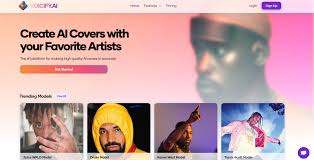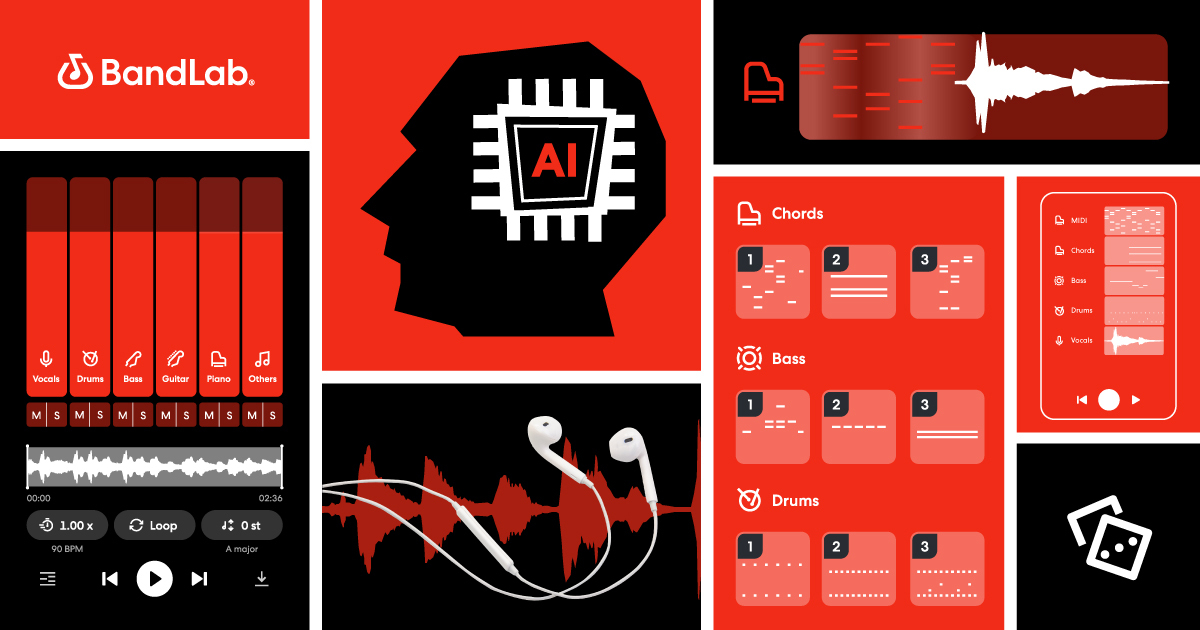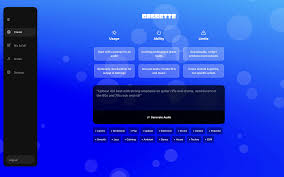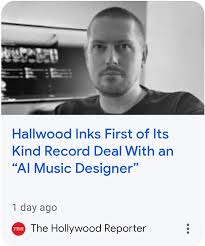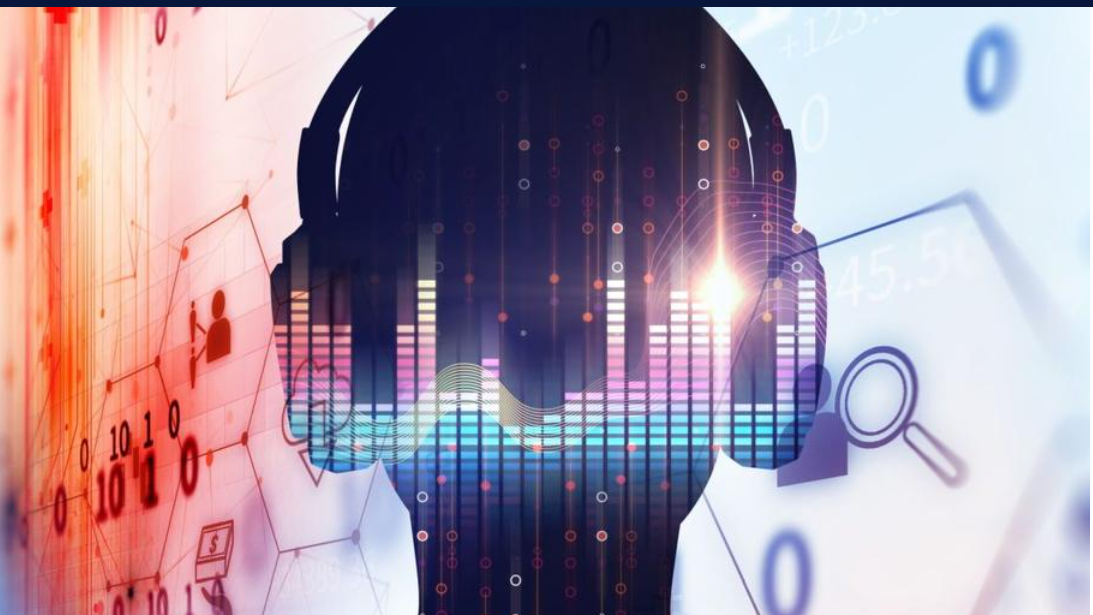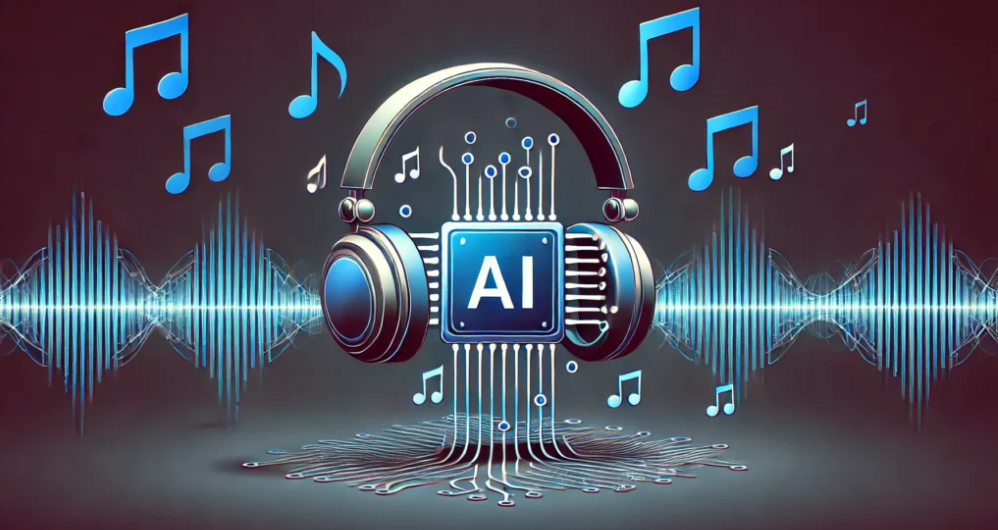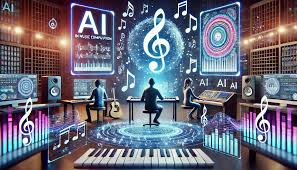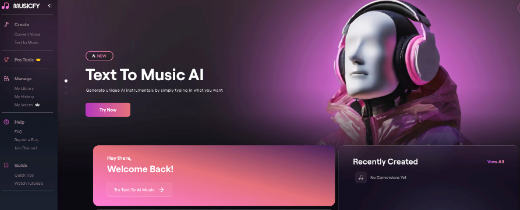The rapid growth of AI-generated music has opened new opportunities—and legal gray areas—in how music is created, distributed, and monetized. From YouTubers using AI soundtracks to indie artists collaborating with AI tools, licensing AI music is no longer just a niche topic—it’s now central to digital music rights in 2025.
In this guide, we’ll explore what licensing AI music means, who owns the rights, how you can legally use AI music in your projects, and what platforms are doing to clarify ownership.
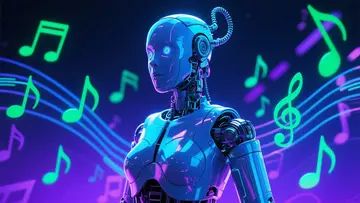
What Is AI Music Licensing?
AI music licensing refers to the process of granting permission to use music that has been created (wholly or partly) by artificial intelligence. Like traditional licensing, it involves rights around reproduction, distribution, synchronization, and public performance.
However, with AI in the creative loop, new legal questions emerge:
Who owns the copyright: the user, the developer, or the AI?
Can AI-generated music be copyrighted at all?
How do usage rights differ from traditional licensing?
Let’s break it down.
Can AI Music Be Copyrighted?
This is one of the most debated topics in music law.
United States
As of 2025, the U.S. Copyright Office maintains that only works created by humans can receive full copyright protection. Purely machine-generated music, without substantial human input, is not eligible for copyright.
However, if a human guides the AI—by selecting genre, refining melodies, or editing final output—then the result may be considered a “human-authored derivative work” and become eligible for protection.
European Union
The EU is more flexible. Under the EU AI Act, rights may extend to creators using AI tools, provided they demonstrate creative input and control over the process.
China and Japan
Both countries have taken a pro-AI stance, allowing copyright or usage protection for AI music creators under certain conditions, making it easier to commercialize AI-generated music.
Who Owns AI-Generated Music?
Ownership typically depends on how the music was created and what tool or platform was used. Here's how major AI music platforms handle licensing:
1. Boomy
Ownership: You own the music you create
License: Royalty-free, even for commercial use
Distribution: You can release to Spotify, Deezer, and more via Boomy’s built-in service
2. AIVA
Ownership: Paid users get full rights to music
License: Commercial use is allowed under paid plans
Note: Free tier may require attribution
3. Suno AI
Ownership: You can use outputs for personal or promotional use
License: Commercial use may be restricted unless on a paid plan
Terms: Suno retains rights for research or internal use
4. Soundful
Ownership: Depends on subscription level
License: Royalty-free on paid plans; non-commercial for free users
5. Amper Music (Now Runway/ShareGrid)
Ownership: Once downloaded, you own the track
License: Royalty-free across all uses, including YouTube and films
How to License AI Music for Your Projects
Whether you're a YouTuber, game developer, or brand manager, here's how to license AI music safely:
Step 1: Choose a Legitimate AI Music Platform
Select a platform that offers clear licensing terms (e.g., Boomy, Soundful, Loudly, or AIVA).
Step 2: Read the License Agreement Carefully
Look for clauses like commercial rights, royalty-free use, and territorial restrictions.
Check if you need to credit the platform.
Step 3: Select the Right Subscription Plan
Most platforms restrict commercial usage under free plans. Upgrade if you plan to monetize content (ads, app sales, film, etc.).
Step 4: Download Proof of License
Store confirmation emails, invoices, or licensing certificates to protect yourself against copyright claims.
Use Cases for Licensed AI Music
? Safe for:
YouTube background music
Podcast intros/outros
TikTok/Reel content
Video games and apps
Advertisements
Indie films and trailers
?? Risky without a license:
TV broadcasting
Film festivals
Commercial releases on Spotify without a license
Sub-licensing (e.g., selling beats)
Common Pitfalls to Avoid
Using AI music from free tools without reading the license
Assuming AI-generated = public domain
Uploading AI music to platforms like Spotify without rights
Selling AI-generated beats made with tools that prohibit resale
AI Music Licensing and the Future of Royalty Payments
With AI-generated tracks now hitting streaming platforms, streaming royalties are becoming a hot topic. Most platforms pay creators per stream—but it’s unclear how this applies to AI music.
Boomy, for example, pays users royalties for streams—but platforms like Suno do not offer royalty distribution unless through a third party.
In the near future, we may see:
AI-specific royalty structures
Licensing databases that verify human vs. AI input
Automatic detection tools by platforms (like Deezer and YouTube) to manage AI-generated content
Conclusion: Get Licensed, Stay Legal
AI music is here to stay—and its legal foundation is still evolving. As a user, artist, or business, you must treat AI music just like any other music when it comes to usage rights and licensing.
When in doubt, always:
Use reputable AI platforms
Read licensing terms carefully
Upgrade to commercial plans when needed
Document your permissions
Licensing AI music correctly ensures you're free to create, monetize, and innovate—without legal risk.
FAQs: Licensing AI Music
Can I use AI music on YouTube without copyright issues?
Yes, if the platform grants commercial rights and you follow licensing rules.
Is AI music in the public domain?
No. Most AI music platforms retain rights unless explicitly waived.
Can I sell AI-generated music?
Only if the platform allows it. Some prohibit resale or require paid plans.
Do I need to credit the AI music platform?
Sometimes. Free tiers often require attribution.
Is AI music copyright-free?
Not by default. It depends on the tool and the human input involved.
Learn more about AI MUSIC

